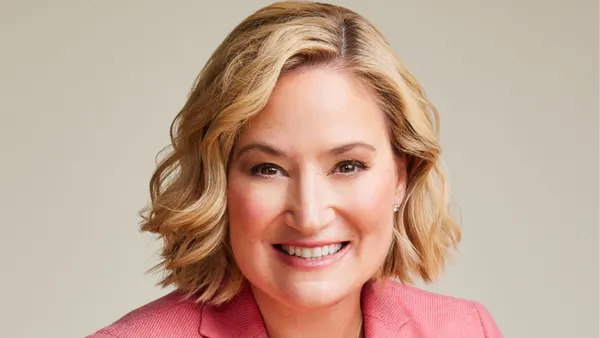Dive Brief:
- Medtronic and UnitedHealthcare said first-year results from a value-based care pact for patients with diabetes showed a 27% reduction in the rate of preventable hospital admissions for Medtronic insulin pump users, compared with patients injecting insulin multiple times per day.
- The analysis included 6,000 plan members using either standalone insulin pumps or pumps integrated with continuous glucose monitors. The first-year data covered July 2016 through June 2017 in the multiyear initiative between the biggest U.S. health insurer and largest medical device maker.
- UnitedHealthcare and Medtronic said their diabetes partnership lowered costs in the first year but did not disclose the amount of savings. UnitedHealthcare said its total payments to physicians and hospitals tied to value-based arrangements have grown in the last three years to $65 billion. The insurer expects that figure to reach $75 billion by the end of 2020.
Dive Insight:
Health insurers such as UnitedHealthcare are developing value-based programs that reimburse providers or manufacturers based on patient care outcomes rather than volume of services.
The programs are particularly attractive for high cost diseases. The cost of diabetes rose 26% over a five-year period from 2012 to 2017, according to the American Diabetes Association.
CMS backs value-based care and has already converted 30% of its fee-for-service Medicare payments to the model.
Medtronic CEO Omar Ishrak was an early champion of value-based arrangements and has forged a number of partnerships with organizations pursuing similar efforts. The medical device maker last year entered into an outcomes-based agreement with Aetna similar to its partnership with UnitedHealthcare that ties part of the company’s reimbursement to meeting clinical goals for patients who transition to Medtronic insulin pump therapy.
Medtronic predicted further outcome improvements with its latest insulin pump, the MiniMed 670G system.
"These positive results provide further evidence of the benefits of both automated insulin delivery and of value-based healthcare models," said Hooman Hakami, president of the diabetes group at Medtronic in a statement.
JDRF, the diabetes research foundation, launched a campaign called #Coverage2Control after the Medtronic-UnitedHealthcare agreement was announced to advocate for patient choice in insulin pumps, among other goals.
Peter Pronovost, the chief medical officer of UnitedHealthcare called the results encouraging for the first year.
"We will monitor patients using Medtronic pump therapies to ensure we continue to see improved quality of care, fewer hospitalizations, and lower costs," he said in a statement.










